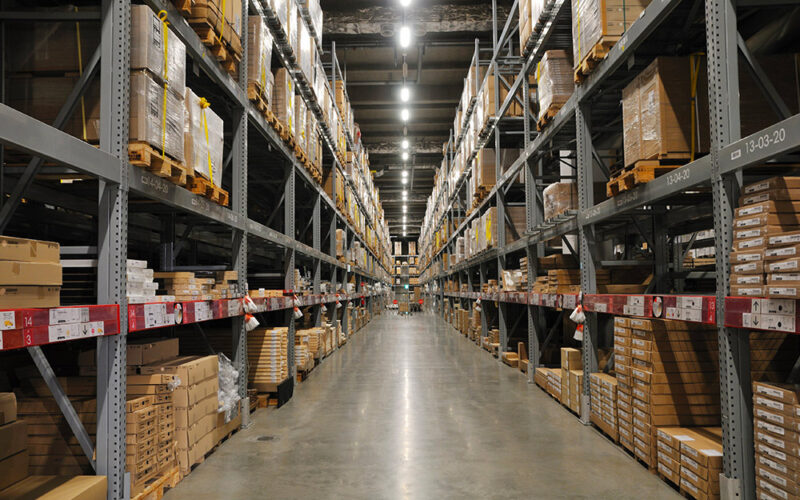In Nigeria, the pulse of the economy comes from the efficient flow of goods and services. This vital lifeblood is pumped by the nation’s logistics sector, a powerhouse facilitating movement across and beyond its borders.
Imagine a meticulously choreographed waltz between domestic supply chains and global trade arteries, orchestrating the seamless delivery of raw materials, finished products, and vital services.
Nigeria’s logistics industry is a vital cog in the country’s economic engine, playing a crucial role in moving goods and services across the nation and beyond.
Here are some key facts about this dynamic sector:
The logistics sector comprises these primary segments:
- Transportation: Ships navigate mighty waterways, cargo jets crisscross the skies, and trucks rumble across expanding road networks, each mode playing its part in this orchestrated movement.
- Warehousing: Strategically positioned warehouses act as temporary homes for goods, ensuring they’re ready to transit onto the next stage of their journey when the time comes.
- Inventory management: A constant rhythm of data analysis ensures the right goods are in the right place at the right time, preventing costly stockouts and missed opportunities.
- Value-added services: From packaging and labeling to customs clearance and value-added services, logistics providers add vital flourishes to the overall movement, maximizing efficiency and customer satisfaction.
Nigeria’s logistics industry is a vital cog in the country’s economic engine, playing a crucial role in moving goods and services across the nation and beyond.
Market Size and Growth:
- The Nigerian logistics market is estimated to be worth USD 15.45 billion in 2024 and is projected to reach USD 20.58 billion by 2029, growing at a CAGR of 5.90%.
- This growth is driven by a burgeoning e-commerce sector, rising disposable incomes, and increasing infrastructural development.
Transportation Modes:
- Waterways dominate Nigerian freight transportation, accounting for 97.09% of exports and 88.4% of imports.

- Air transport plays a smaller but significant role, handling 2.61% of exports and 11.17% of imports.

- Road transport is still in its early stages of development, contributing only 0.13% of exports and 0.4% of imports.

Challenges and Opportunities:
- Despite its potential, the Nigerian logistics industry faces several challenges, including:
- Poor infrastructure: Inadequate roads, railways, and port facilities lead to inefficiencies and high costs.

- Multiple taxes and regulations: Complex and bureaucratic processes add to the burden on logistics companies.
- Security concerns: Piracy, theft, and kidnapping pose risks to goods and personnel.
- However, these challenges also present opportunities for improvement and innovation.
- Investments in infrastructure, technology adoption, and regulation streamlining can unlock the industry’s full potential.
The Rise of Technology:
- Nigerian logistics companies are increasingly embracing technology to improve efficiency and visibility.

- Logistics startups are using mobile apps, data analytics, and artificial intelligence to optimize delivery routes, track shipments, and reduce costs.
- The rise of e-commerce is further driving the demand for efficient and reliable logistics solutions.
The Future of Nigerian Logistics:
- With its large and growing population, rising economic activity, and increasing technology adoption, the Nigerian logistics industry is poised for continued growth.
- By overcoming its challenges and capitalizing on its opportunities, Nigeria can become a regional logistics hub and a key player in the global supply chain.
- E-commerce Boom: The surging online marketplace drives the need for agile logistics, compelling the sector to innovate and adjust.
So next time you see a container ship glide into port, a truck rumble down a highway, or a package arrive at your doorstep, remember the vital role of Nigeria’s logistics sector. It’s the unseen partner keeping the nation’s economic engine humming, a dynamic dance of goods and services that fuels growth, connects communities, and drives Nigeria’s journey towards a prosperous future.








